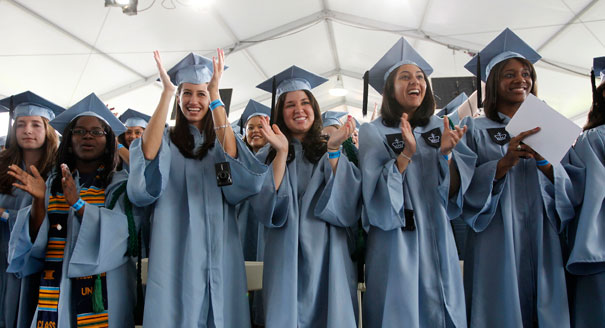
Blog posts on college admissions by Arjun Seth

Aanya Chugh graduated from Barnard College in 2009. Find out what worked for her there.
Since there is a lot of cross registration between Barnard and Columbia, the lectures vary in size, and tend to range from 40 students to 200 students. The smaller classes that I took were usually at Barnard, while the larger lectures were at Columbia. However there were also larger lectures at Barnard, which made the whole academic experience pretty diverse. I was definitely satisfied and enjoyed the freedom to take a variety of large and small classes, some small and intense, other larger and often less intense. The freedom to choose was key.
Damini Marwaha (CMC '14) shares her CommonApp activity short answer
"When my parents enrolled me in the program in school I had no idea what gymnastics meant. Little did I know that balancing on beams, doing cartwheels and handstands that other kids struggled with, came to me with effortless ease and became the sport that I enjoyed the most. My love for the sport grew even more...
